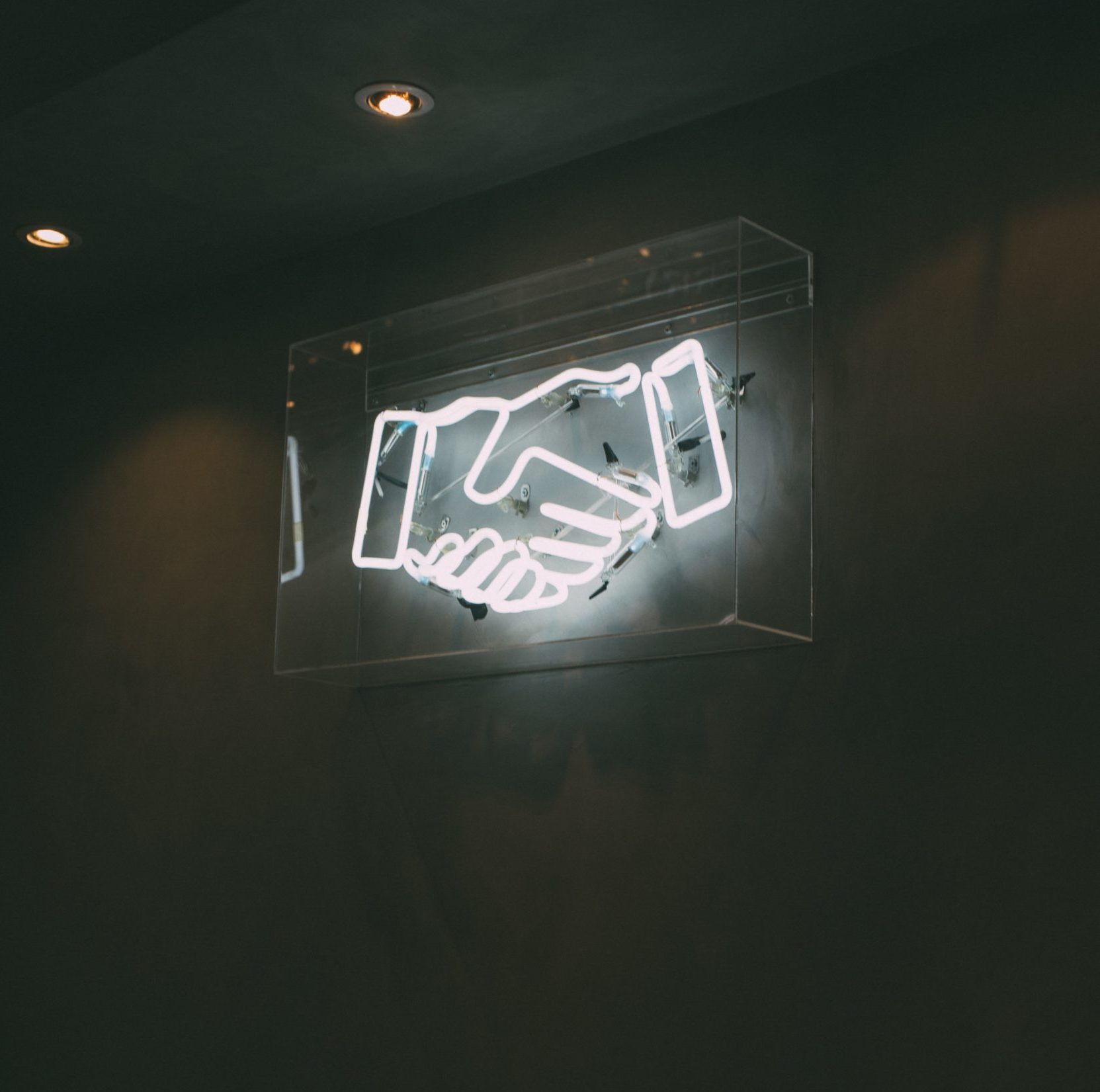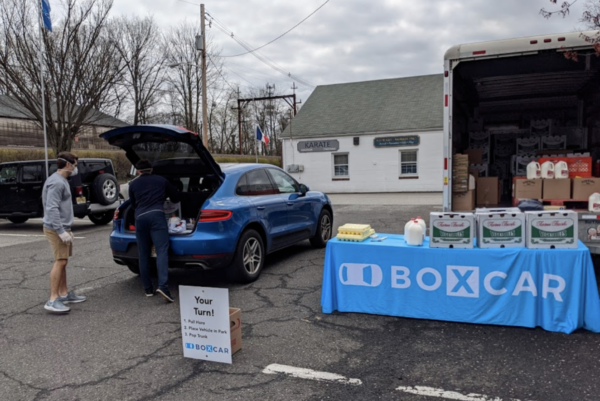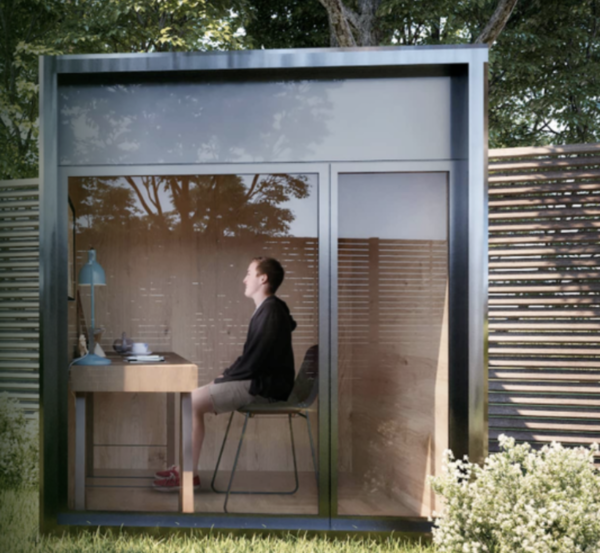Innovation in the Age of Coronavirus: Redefining What Is Essential

What is absolutely essential? How has the ongoing pandemic affected our basic needs—for food, security, connection and autonomy?
In most cases, even though the world may be changing rapidly, our basic needs don’t actually change that much. What is changing is what we must do to fulfill those needs.
As organizational leaders operating in these uncertain times, we are all on the front lines of a rapidly shifting customer experience. For example, the restaurant and food service industries are evolving as more people are eating at home and ordering deliveries. A trip to the store has become a very different experience. Some farmer’s markets have had to find a way to go totally online.
Even the items people reach for in moments like these are different. Walmart reported that they sold more shirts but fewer pants as we settled into our shelter-in-place selves. Other retailers reported selling out of tracksuits and leisure wear. Banana bread recipes were surging on Pinterest. Many of these shifts were predictable, others, including a run on jigsaw puzzles, are a little more surprising, but not completely shocking.
It’s possible to predict what human beings will do because we humans haven’t changed that much. We still need to meet the same basic needs, and we usually take the easiest, most direct path to meeting those needs. When we don’t appear to take this path, there are probably other competing needs in operation.
This understanding is embedded in the practice of entrepreneurship, which is ultimately about discovering and meeting the needs of customers, especially in an environment of uncertainty and change. What we learn almost always requires us to update our assumptions and clarify our value proposition. This process of exploration, testing, learning and revising is at the heart of the Lean Startup methodology and drives a cost conscious, time conscious, customer-centric approach to innovation that minimizes risks while maximizing learning.

Startups Take on the Challenge of Starting Over
As the spread of COVID-19 across our hyper-globalized world continues to alter all of our lives, the biggest changes are still to come. Businesses have been either rapidly adapting or shutting down in response, and this in turn is driving all kinds of events across the larger economy, from freakish macro effects like negative oil to supply chain breakages that can create delivery bottlenecks, potential spoilage and future shortages. The knock-on effects as this all trickles back down to consumers will create even more challenges, or, innovators prefer to see them — opportunities.
These events are forming a new reality that could take a few years to fully emerge, and could still develop in a few different directions. In any case, it means a massive opportunity for entrepreneurship, on a scale not seen since the first industrial revolution. That era saw the creation of mass consumer culture, driving the growth of cities, modern supply chains and a networked information infrastructure. This era will be no less impactful and formative, although the challenges we face today are historically unique.
How well we approach these challenges means a great deal, not just for the businesses but also for the individuals and communities that depend on them.
Now is the time to begin conducting experiments and learning so you can adapt quickly.
Let’s take a look at four companies that have found creative ways to meet our new needs in these extraordinary times, and the lessons we can take from them.

1) Connecting the food needy with food surpluses
One big impact of coronavirus has been the rise of food insecurity, occurring simultaneously with food surpluses that are sometimes going to waste. Seeing a big opportunity, Boxcar app founder Joe Colangelo partnered with Gargiulo Produce, a local food producer who primarily serves now shuttered restaurants and cruise ships, to get fresh food that otherwise would go to waste into the homes of consumers via their car trunks. Offering a no-touch drive-through pickup facilitated by Boxcars parking app, the service provides users with a staple box of eggs, bread and fresh fruit and vegetables, with plans to expand if the experiment goes well.
With many in the community waiting days and weeks for food delivery, Boxcar found a way to connect food producers with food consumers by adapting quickly to the new reality. While they plan to expand into other offerings if the experiment is successful, this MVP was very low cost — it utilized Boxcar’s already existing digital infrastructure by partnering with another business, a food supplier with a surplus, to meet an urgent need in the community.
While the experiment can already be deemed a success in terms of providing food to those in need, there are many more learnings to come from this as Boxcar adds other suppliers and vendors to their pickup service, and experiments with different product and service offerings.

2) Working from home — but you’re not alone
Looking for a quiet place to work? You’re not alone. More people than ever before are working at home, the single largest remote work experience in history, with many implications for the future of work, but also some unique caveats for this particular moment. After all, people are not just working at home, they are also juggling work, school, family and social obligations, all within the confines of a single home, and feeling the pressures of simultaneously sharing space and desperately needing a little solitude and quiet.
This was the realization of modular home seller Dwellito, an innovator in the tiny home movement who pivoted to provide tiny offices that can be set up in a garden or other space, providing instant privacy and solitude. Dwellito didn’t abandon their core mission, which is to streamline the process of buying modular houses, but they were quick to realize the chance they had to prove their value.
Since Dwellito is not a manufacturer but a marketplace the product they sell isn’t actually modular houses, but a more streamlined and convenient way to shop and buy. Since they have sold out their tiny offices, they will gain many valuable insights into the buying process, especially opportunities or challenges that arise when your product is suddenly in hot demand. If they position themselves correctly and set up ways to engage with their tiny office consumers, they could potentially develop critical thought leadership into working at home, a phenomenon that could overtake coworking as the next future of work trend.
For example, they could learn:
- What challenges do people face when setting up a home office?
- What other products and services could we offer on our marketplace to support this?
- What other partners or venders could we connect with to meet these needs?
While some organizations will certainly return to traditional office settings, there are many who have found remote work more productive and will be better prepared to weather the next global event.

3) Traveling the world from your couch
While the virus has put many of our travel plans on indefinite hold, we haven’t lost our desire to explore the world and connect with new cultures and experiences. These experiences are the reason we travel, and the company that completely revolutionized travel is pioneering a way for us to continue to have them as we shelter in place at home. Airbnb is offering virtual experiences that include meditation with Buddhist monks, cooking classes and spending time with the dogs of Chernobyl.
Because these experiences are much more accessible and affordable then actual travel, Airbnb can potentially tap new markets and segments, including families looking for educational experiences for their children and athletes wanting a more engaging at home workout. This could also be an early test too for VR or augmented reality, which might become more popular if people travel less frequently in the post-Coronavirus world. Not to mention, it ties in nicely with Airbnb’s larger ambitions to provide curated experiences.
It will be interesting to watch how Airbnb and others are able to create live adventures in digital spaces and what new models and experiences will flow out of this experiment. Again, the key to capturing marketable insights will be learning how people engage with this new medium, then formulating a hypothesis about how it will impact behavior.
4) New employment model for the future of work
Coming unexpectedly on the tail of one of the hottest job markets in a decade, suddenly unemployment is a big problem, especially for companies who don’t want to lose their investment in great talent. Meicua, a Brazilian company, has created an employee exchange marketplace to allow businesses to share the expense of maintaining a workforce, and prevent layoffs.
Solutions like this, created in a crisis, can end up being so effective that they change the way we work and live. A model like this can add resilience and partnerships drive the ecosystem innovation that is foundational to entrepreneurship. There are many potential game changers in play today, with companies solving problems while learning for the future, and creating a lot of good will along the way.

A Call for Entrepreneurs and Intrapreneurs
Today, although many businesses labeled “non-essential” are not operational, every day we are becoming more aware of what really matters, and what truly adds value to our lives — what we consider essential. For example, video chat probably feels pretty essential for most of us these days, from grandparents who need their daily dose of intimacy and connection with the grandchildren, to business leaders holding essential meetings with their teams.
Is this moment your opportunity to engage with your customer, connect with new segments, and conduct rapid experiments that can yield the next promising business model?
That ability to imagine new ways of operating will be crucial for companies. Those that succeed will help define the new reality, and establish standards that become a baseline for doing business. Companies that hope to lead in this new world should ask these fundamental questions and then translate them into quantifiable experiments.
- How will your customers get their needs met as we head into a post-crisis new normal?
- How can you create engaging interactions with customers you will never meet in person?
- How will you create resilience in your business model, without tying up more capital?
- How will you bring out digital products or prototypes in days or weeks, focusing on MVP?
Want to learn about how to conduct experiments like these and turn them into profitable products and services? Contact us. We’re here to help.
